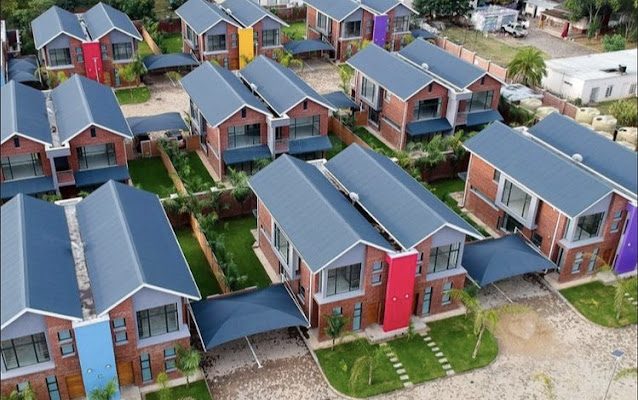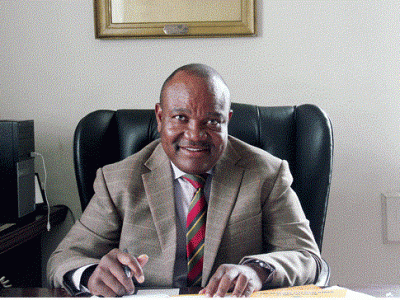The rapid increase in cluster home developments is raising alarms in Harare, with fears that low-density suburbs could transform into overcrowded high-density areas within the next five years. Residents experts warn that weak regulations, coupled with alleged corruption among city councilors, are driving this trend at the expense of infrastructure and service delivery.
For the past seven years, the city of Harare has not allocated new land for cluster housing. However, private property owners have been subdividing their large stands into multiple smaller units, accelerating urban densification. Councilors are approving these developments despite lacking the necessary expertise, raising concerns about bribery and backdoor deals.
Harare city council’s housing director, Mr. Addmore Nhekairo, confirmed the increase in cluster homes but denied any council-led allocations.
By Ruvarashe Gora
“These are not new stand allocations by the council,” he explained. “Property owners are applying to subdivide their existing land, and we are seeing a growing demand for such developments”.
Despite this, residents in areas such as Mt Pleasant and Groombridge are pushing first upgrade essential infrastructure before allowing further densification.
“We cannot keep squeezing more homes into these suburbs without addressing the pressure on water, sewage, and schools”, said a concerned homeowner.
The strain is already visible in Newlands, where an influx of apartment complexes has led to frequent power outages and increased borehole drilling, depleting the water table.
Residents say their complaints to the council have been ignored, leaving them to grapple with declining service delivery.
Urban planners warn that without strict oversight, Harare’s once spacious and serene low-density neighborhoods could soon resemble high-density areas, leading to congestion, pollution and declining property values







Comments